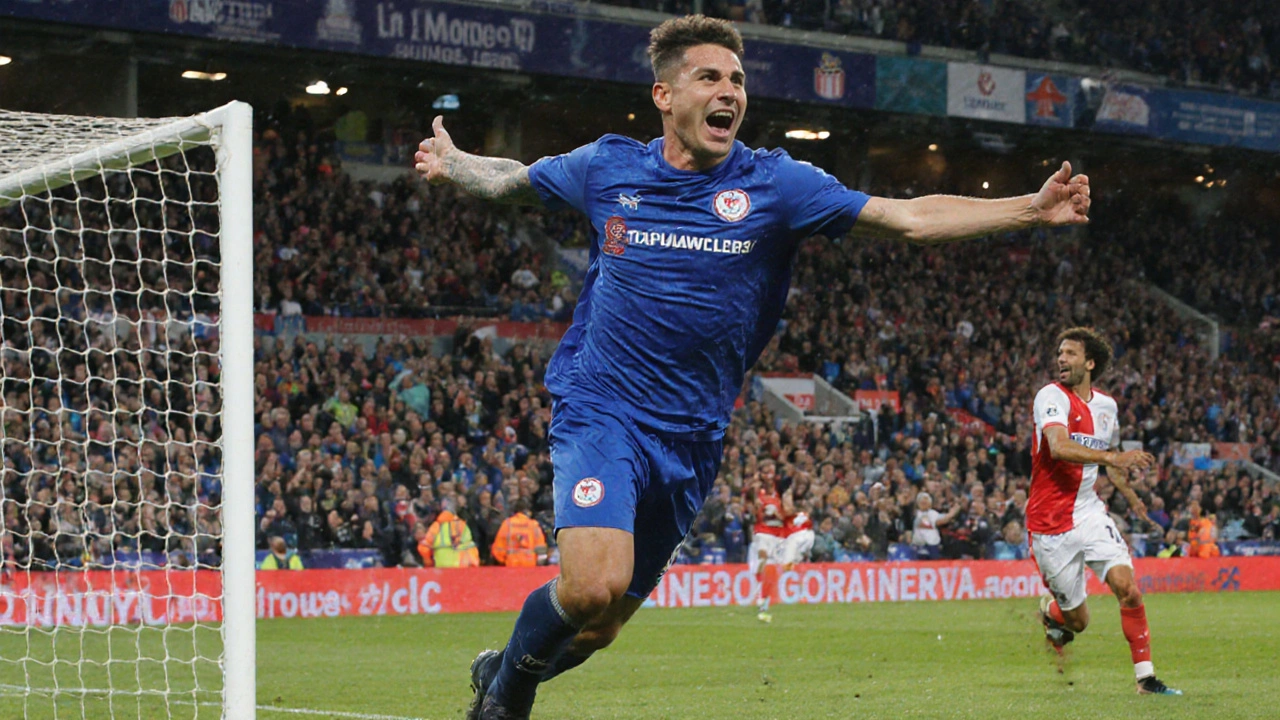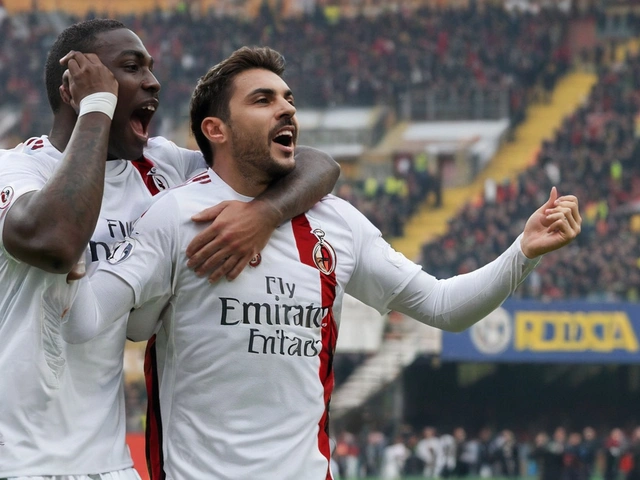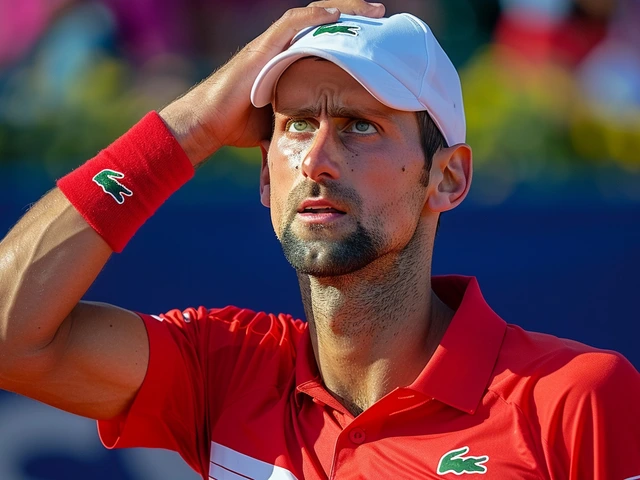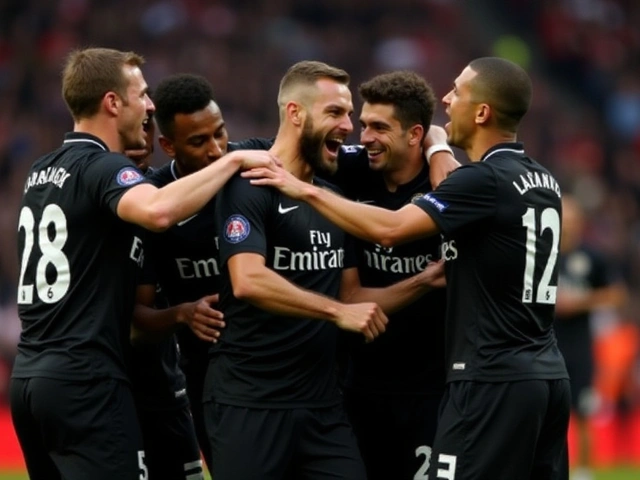European qualification
When talking about European qualification, the set of matches and rules that decide which national teams or clubs earn a place in top European competitions. Also known as Euro qualifying, it covers group stages, playoff rounds and tie‑breaker criteria that ultimately send the best squads to the tournament proper. This process isn’t just a series of games; it shapes squad building, coaching decisions and even player transfers. Fans often ask how a single win or loss can tip the balance – the answer lies in the intertwined systems that feed into European qualification.
The flagship event tied to this process is the UEFA Euro, Europe’s premier four‑year national team championship. Every two years, the tournament’s format changes, but the core idea stays the same: teams compete in a round‑robin group, then move to knockout stages. European qualification therefore encompasses the group phase, the home‑and‑away fixtures, and the final play‑offs that decide the last spots. Another critical link is the FIFA World Cup qualification, the global pathway that determines which nations appear at the World Cup. While not a European‑only competition, the European segment of this qualifier often mirrors Euro qualifying schedules, meaning a strong performance can boost a nation’s chances in both arenas. In practice, European qualification requires consistency across multiple match windows, and the points earned also affect a nation’s FIFA ranking – a factor that can hand a better seed in future draws. Club football adds another layer. The Champions League qualification, the route clubs take to earn a place in Europe’s elite club competition follows a similar merit‑based model. Domestic league finish, Europa League performance and even UEFA coefficient rankings can open or close Champions League doors. This means the same strategic mindset that drives national teams through Euro qualifying also influences club managers chasing continental glory. European qualification influences domestic league tactics, transfer market activity, and long‑term planning.
Finally, the UEFA Nations League, a competition that replaced many friendlies and offers extra Euro play‑off slots has reshaped the landscape. Teams that finish high in their Nations League group can secure a back‑door entry into Euro play‑offs, meaning the tournament directly impacts European qualification outcomes. This creates a web of cause‑and‑effect: strong Nations League performance can offset a slip‑up in the regular qualifying group, while a poor showing can add pressure to the remaining fixtures. Across all these tiers – national, continental, and club – the common thread is clear: European qualification is not a single event but a network of interlocking competitions that reward consistency, strategic depth, and sometimes a bit of luck. Below you’ll find a curated list of recent stories that illustrate how these pieces fit together, from Club Brugge’s Champions League push to South Africa’s World Cup qualifying drama, and the latest insights on how Nations League results are reshaping the road to the Euro.
Strasbourg Beats Monaco 3-1, Boosts European Hopes
By Sfiso Masuku On 27 Sep, 2025 Comments (14)

Strasbourg thumped Monaco 3-1 at the Stade Louis II on Jan 25 2020, sharpening their push for a European spot. The loss left Monaco two points behind the league leaders and deep in a rebuilding slump. Strasbourg’s sweeping play and tight defence proved decisive. Both clubs face very different paths ahead in Ligue 1.
View More




